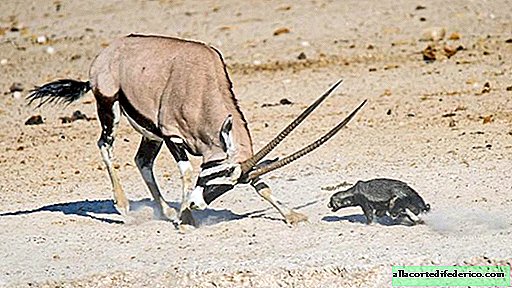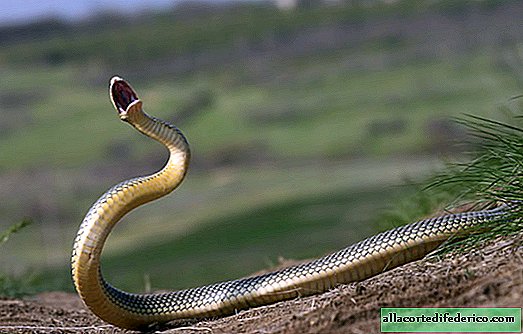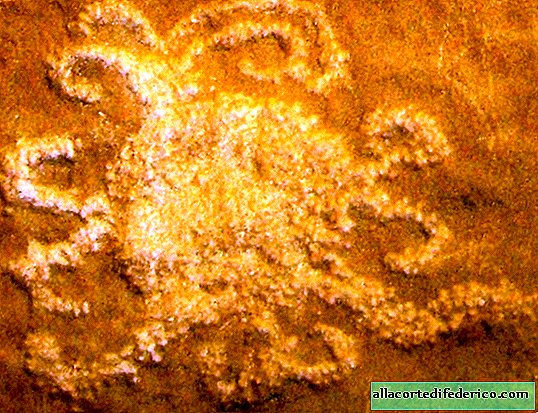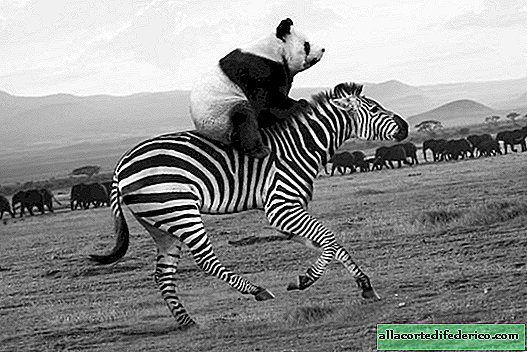Scientists have identified the strongest antibiotic from brown bear saliva
Since the first time penicillin was obtained, which has a pronounced antibacterial effect, humanity has entered a new era in the struggle for its health. Over the past 90 years, scientists have discovered and synthesized many other antibiotics, and it would seem that people should have long become invulnerable to pathogens. But the situation is not so clear, if not directly opposite: more and more bacteria mutate, showing simply miracles of survival, and become stronger than antibiotics.

In order to get a strong antibiotic, biochemists continue laboratory experiments to synthesize new drugs. But there is an alternative way - the search for a new antibiotic among representatives of the animal world, which often have their own unique bio-protection against bacteria. In order to find a saving substance, scientists have to research dozens and hundreds of species that live in the wild. For example, not so long ago, a joint Russian-American scientific team discovered a very promising antibiotic that can suppress the development of Staphylococcus aureus and a number of dangerous microorganisms.

An antibiotic called amikumacin (amikumacin A) is produced by microorganisms that have been isolated from the saliva of a Siberian brown bear. This subspecies lives in the expanses of northeast Eurasia, including the vast territory of Russia, from the Yenisei to the Far East. Scientists took samples of the saliva of several representatives of the species, and they managed to find the long-awaited antibiotic. The new substance released by the "bearish helpers" has already shown very good results when tested in the laboratory. Of course, scientists still have a whole series of tests and experiments, but amikumacin already has great hopes.

















